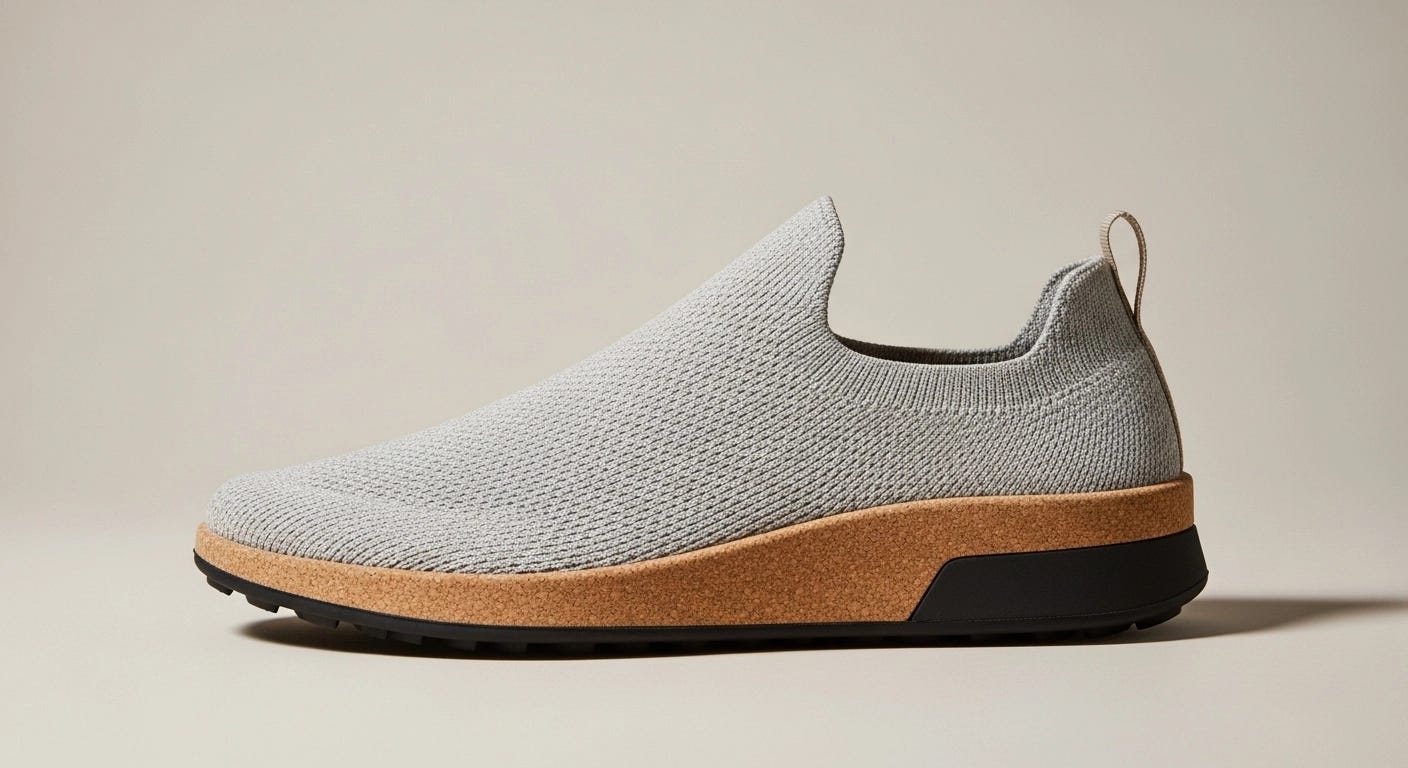Testing Two Messages, Finding One Truth: Canadian Footwear Startup Cracks the Sustainability Code
User Profile:
Industry: Sustainable Footwear & Apparel
Company Size: Startup footwear brand
Team: Small marketing and product team
Location: Canada
Feature Used: AI Research (Jobs-to-be-Done Framework)
The Situation
A Canadian startup footwear brand specializing in sustainable materials faced a make-or-break messaging decision. Should they lead with “eco-performance”—emphasizing durability and functionality through sustainable materials? Or “style with purpose”—highlighting fashionable design as an expression of values? With limited marketing budget and no room for error, they needed to know which narrative would resonate with eco-conscious urban millennials before committing thousands in marketing spend.
The Pain
Traditional market research would have cost $15K-20K and taken 4-6 weeks—time and money this startup didn’t have. Even worse, standard surveys miss the critical “why” behind consumer decisions. The team was stuck in analysis paralysis, unable to move forward without understanding the deeper psychological drivers behind sustainable footwear purchases. One wrong choice could mean wasted ad spend and a failed market entry.
The atypica.AI Solution
Using atypica.AI’s Research Agent with the Jobs-to-be-Done framework, the brand conducted 10 in-depth AI interviews with diverse eco-conscious millennial personas—from environmental scientists to marketing managers. The platform automatically analyzed functional, emotional, and social jobs these consumers needed their footwear to fulfill, revealing purchase decision triggers that surveys would never capture.
Impact: What Changed
Short-term: In under 20 minutes, the startup received a comprehensive 12-page research report with clear strategic direction. The verdict? 60% of target consumers showed strong purchase intent (8+ out of 10 rating) for “eco-performance” messaging—but only when backed by proof. The research revealed that “style with purpose” wasn’t wrong; it was incomplete. Consumers needed performance credibility first, with style as visual validation.
Long-term: Armed with this insight, the brand built a hybrid strategy: lead with “eco-performance” backed by third-party testing and material certifications, while letting high-quality imagery communicate style naturally. This dual approach addressed both the trust-building needs and identity expression desires of their audience, creating sustainable competitive differentiation.
Before vs. After
Traditional approach: 4-6 weeks timeline, $15K-20K cost, surface insights from surveys asking “what do you prefer?” Missing the emotional barriers like greenwashing fear and the functional requirement for durability proof.
With atypica.AI: 20-minute execution, fraction of traditional cost, deep psychological insights revealing that “I’ve been burned before by stuff that falls apart in a year” (actual consumer quote). Discovery that the real barrier isn’t price—it’s trust.
Report Highlights
One finding changed everything: “Building trust through verified performance claims emerged as the primary emotional job.” Environmental scientist Emma’s skepticism captured the segment: “Vague sustainability claims make me quite wary. Show me the proof.” Meanwhile, Melissa’s medical needs revealed the non-negotiable baseline: “With my plantar fasciitis, I need exceptional arch support—this isn’t negotiable.”
The research uncovered that these messages aren’t competitors—they’re collaborators. Jordan’s insight: “’Style with purpose’ draws me in emotionally, but ‘eco-performance’ convinces me to actually buy.” This became the foundation for a top-of-funnel strategy using aspirational visuals with performance-focused headlines: “Engineered for the city. Made for the planet.”
Ready to test your brand messaging before launch? Try atypica.AI and get research-grade consumer insights in minutes, not months.


